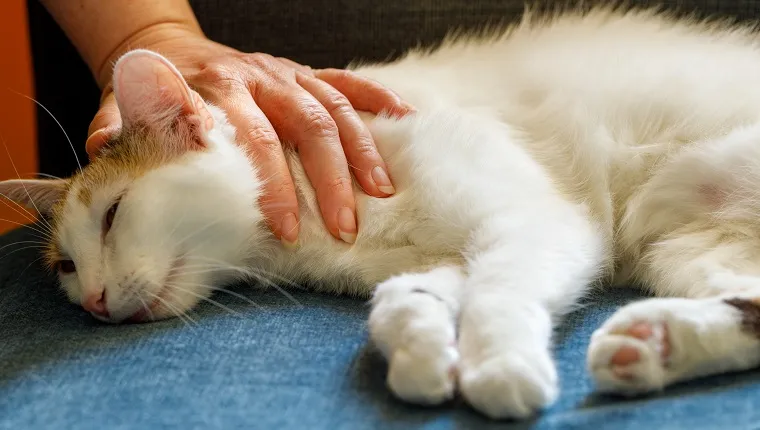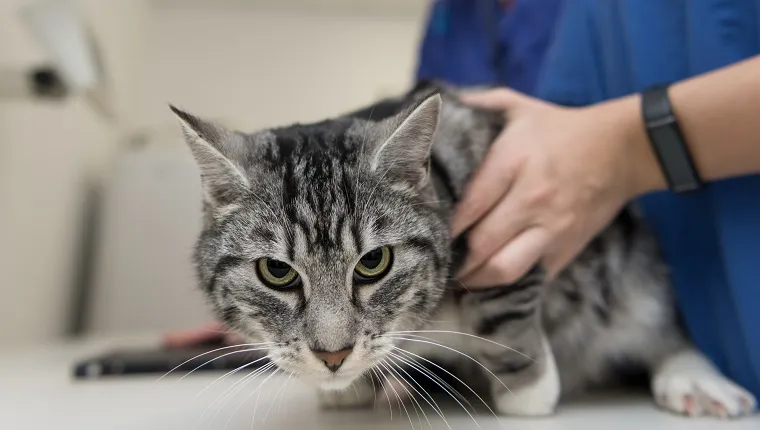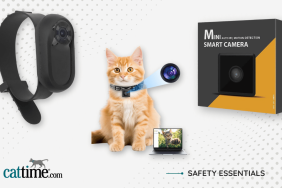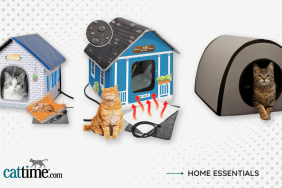Perianal fistula in cats is a medical condition that is defined by a cat’s anus and the surrounding area becoming inflamed. It can be a very painful condition, and it can also lead to complications and problems when it comes to defecation.
The condition seems to affect non-neutered male cats more than other felines.
If you see signs that your kitty is suffering from pain and inflammation, then you must consult your veterinarian immediately. Here’s what you should know about the symptoms, causes, and treatments of perianal fistula in cats.
Symptoms Of Perianal Fistula In Cats
Perianal fistula in cats produces symptoms that usually affect a cat’s defecation routine. Some of the most common symptoms include:
- Constipation
- Incontinence
- Losing weight
- Diarrhea
- Ulcers around the affected area
Causes Of Perianal Fistula In Cats

Research has not conclusively determined the exact cause of perianal fistula in cats.
Generally, unaltered (non-neutered) male cats seem to develop the condition more than other cats. Additionally, cats with broad tail bases appear to have a higher risk.
Veterinary Treatments
If you worry that your cat is developing perianal fistula, your veterinarian will want to closely examine the affected area of the body. Your vet will pay close attention to any visible inflammation and irritation around the anus area, and check to see if there are any bacterial infections that have set in.
Vets may also use a biopsy to confirm a diagnosis.
When it comes to treatment, the first step is often to properly clean the affected area. Additionally, water therapy and warm applications targeted at any inflamed and irritated areas of the body can help to alleviate the condition.
Vets often recommend dietary changes as part of a course of treatment. This can include upping the amount of fiber in your cat’s diet, as well as possibly using stool softener supplements.
In more extreme cases, vets can carry out a surgical procedure to remove any infected and inflamed tissue.
As ever, if your vet prescribes your feline any medication as part of a course of treatment, it is important that you stick to the precise dosage and frequency instructions and complete the entire course of medicine.
Has your cat ever developed perianal fistula? What steps did your vet take to treat your cat? Tell us all about it in the comments below.









